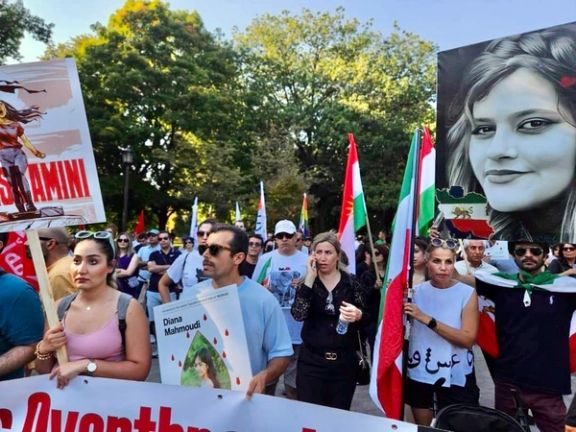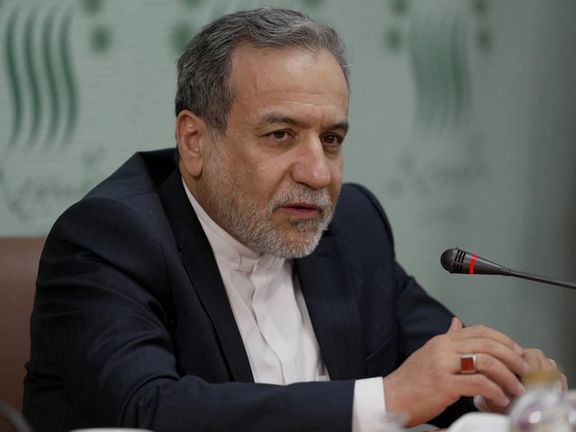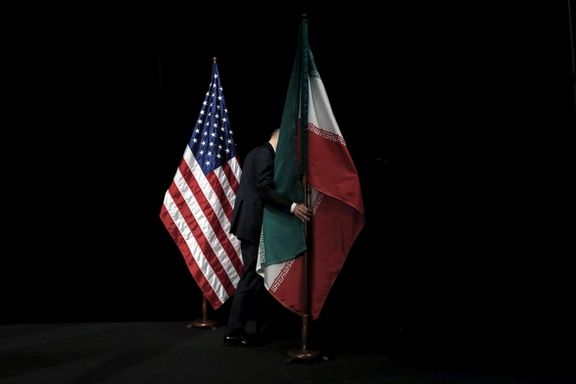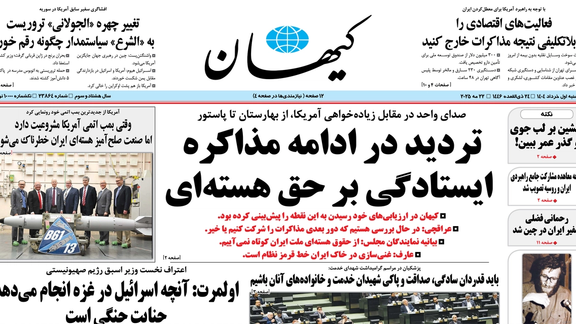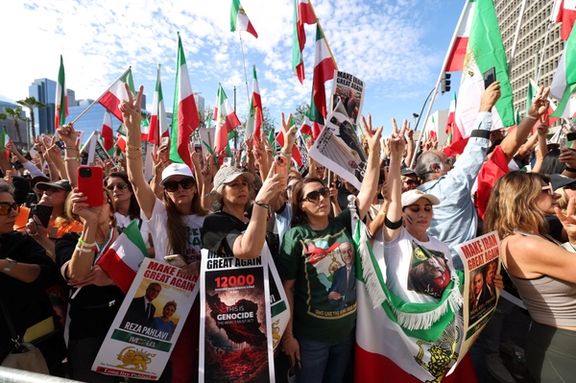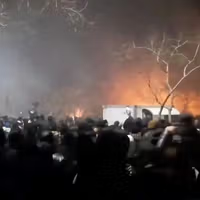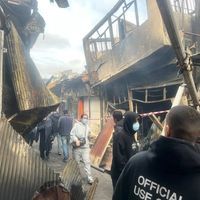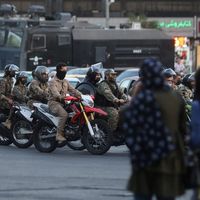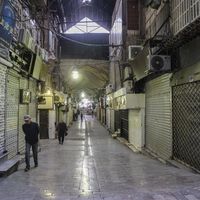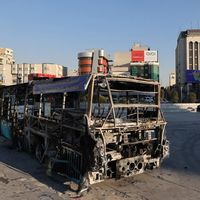Responding to a query from Iran International TV on Thursday, Canada’s foreign ministry stated that Iran must undergo “significant changes to its behavior both domestically and internationally” before the restoration of diplomatic ties can be considered.
Iranian Foreign Ministry Spokesman Esmail Baghaei on Tuesday put the onus on Canada to make the first move to restore relations.
“I think the first step they need to take is to unravel the many sanctions and restraints they have imposed on themselves and on our bilateral relations,” Baghaei told CBC News at a press briefing in Tehran on Tuesday.
In its sharply worded statement, however, Canada condemned Iran for what it called Tehran's destabilizing activities in the Middle East, proliferation of drone and ballistic missile technologies, and lack of transparency surrounding its nuclear program.
Ottawa also expressed “deep concern about Iran's failure to uphold its international human rights obligations” and said it will continue to increase pressure on Iran and implement further measures “for as long it continues its unacceptable conduct.”
Canada further called on Iran to fulfill its legal non-proliferation obligations, honor its political commitments under the nuclear agreement framework, and fully cooperate with the International Atomic Energy Agency (IAEA).
At the same press briefing, Baghaei accused Ottawa of turning a blind eye to Israel’s actions while portraying Iran as a threat.
“Is Iran committing genocide? Has Iran occupied another country? Is Iran enjoying the full support of Canada and other Western countries to commit the colonial erasure of a whole nation?” he said.
Designation of Iran's Revolutionary Guards and sanctions
Canada has sanctioned numerous Iranian entities and individuals since 2012 for human rights violations, support for terrorism, ballistic missile and nuclear programs and the IRGC’s downing of Ukraine’s Flight PS75 in January 2020.
Ottawa officially designated Iran’s Islamic Revolutionary Guard (IRGC) as a terrorist organization in June 2024, over a decade after designating its foreign operations branch the Quds Force as a terrorist entity.
On March 7 Canada slapped fresh sanctions on several individuals and entities in connection with the IRGC’s weapons production and sales.
Strained relations for decades
Canada’s relations with Iran took a major hit in 2003 following the death of Canadian-Iranian photojournalist Zahra Kazemi in Iranian custody under suspicious circumstances.
Evidence suggested she had been tortured, but Iran rejected Canada’s demand for an independent investigation by international observers.
A turning point came in September 2012 when Canada closed its embassy in Tehran and expelled all Iranian diplomats from Ottawa.
At the time, Canada cited Iran’s support for Syria’s Bashar al-Assad, its non-compliance with nuclear obligations, threats against Israel, support for terrorism, human rights violations and disregard for the safety of foreign diplomats.
The move came a few months after the 2011 vigilante attack and vandalization of the British embassy and its residential complex in Tehran in reaction to UK’s decision to impose further economic sanctions on Iran over its nuclear program.
After the 2015 election of Prime Minister Justin Trudeau’s Liberal government, there was cautious optimism about re-engagement, especially following the Iran nuclear deal (JCPOA). Canada eased some sanctions in alignment with the agreement.
However, hopes of rapprochement were dashed in January 2020, when the IRGC shot down Flight PS752, killing 55 Canadian citizens and 30 permanent residents.
Iran said it had unintentionally downed the civilian aircraft amid heightened tensions with the US following the assassination of IRGC Quds Force Commander Qasem Soleimani.
Canada officially banned the entry of senior Iranian government officials in November 2022, cancelling dozens of visas and visa applications. The ban was expanded in September 2024 by retroactively applying the inadmissibility to any senior official who served in the Iranian government since June 23, 2003 when Zahra Kazemi was killed in Iranian custody.
Iranian-Canadians
Baghaei also told CBC that the lack of diplomatic ties harms the hundreds of thousands of Iranians living in Canada and contributing to its economy.
In the 2021 Canadian Census, over 280,000 individuals, or around 0.8 percent of the total Canadian population, identified themselves as Iranian or Persian.
The Iranian dissident diaspora in Canada frequently organizes protests in major cities to denounce the Iranian government and the IRGC, and to express solidarity with political prisoners and pro-democracy movements in Iran.
